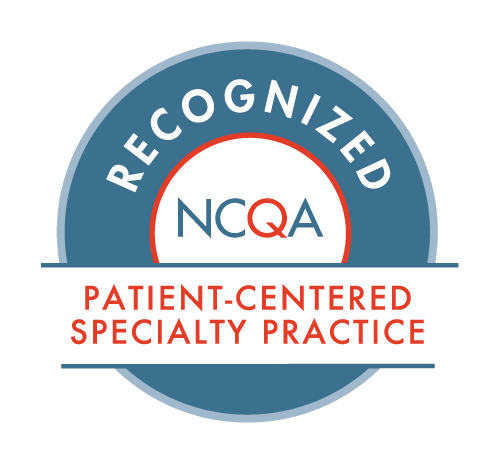Dyslipidemia
What Is Dyslipidemia?
Dyslipidemia means you have unhealthy levels of fats, or lipids, in your blood. These fats include cholesterol and triglycerides. Your body needs them in small amounts, but when they go too high or too low, they can slowly damage your arteries and raise your risk of heart disease or stroke. You might have high LDL cholesterol (the “bad” kind), low HDL cholesterol (the “good” kind), high triglycerides, or a mix of these.
If LDL builds up inside your artery walls, it can form plaques that block blood flow. HDL helps carry cholesterol away, so having more is better. Triglycerides come from calories your body stores as fat. Over time, these changes can cause serious problems without any warning signs.
Symptoms and Causes
Most people with dyslipidemia do not feel any different. You might not notice anything until it leads to chest pain, leg pain when walking, or a heart attack.
Common Causes
There are a few reasons why you might end up with dyslipidemia, and some of them are out of your control.
- Family history: Around 1 in 250 people are born with high cholesterol that runs in the family. In certain groups, this number can be even higher.
- Diet choices: Eating a lot of foods with saturated fats, trans fats, or added sugars can make your cholesterol go up.
- Not staying active: Sitting too much and not moving enough can raise your bad cholesterol and lower the good kind.
- Extra weight: Extra belly fat can mess with how your body handles fats like cholesterol and triglycerides.
- Other health problems: Conditions like diabetes, thyroid issues, or kidney and liver problems can all play a part in dyslipidemia.
- Smoking and drinking: Both can damage your blood vessels and make it harder to keep cholesterol in check.
Risk factors
Certain habits or health conditions can put you at a higher risk for dyslipidemia. Knowing these early on can help you make changes before things get out of control.
Key risk factors include:
- Having close family members with high cholesterol or early heart disease.
- Living with type 2 diabetes or prediabetes. About 66% of people with type 2 diabetes end up with dyslipidemia after 15 years.
- Carrying extra weight, especially around your stomach.
- Smoking cigarettes or drinking too much alcohol.
- Getting older, especially for women after menopause.
- Eating a lot of fried or processed foods.
- Not moving around enough during the day.
Diagnosis
The main way to find out if you have dyslipidemia is by getting a blood test called a lipid panel. This test checks your LDL (bad cholesterol), HDL (good cholesterol), triglycerides, and total cholesterol. You might need to fast before the test, but not always.
Most adults should get this test done every 4 to 6 years. If you have a higher risk, such as those with diabetes or heart problems, you will probably need to do it every year.
When your results come back, your provider will go over the numbers with you and help you figure out what to do next. Even if you feel fine, it is important to know your levels because these changes can build up slowly and quietly over time.
Treatment
When it comes to treating dyslipidemia, lifestyle changes come first:
- Eat more fruits, vegetables, whole grains, lean meats, and fish.
- Limit red meat, butter, fried foods, and sugary drinks.
- Aim for at least 30 minutes of exercise most days, like walking, biking, or dancing.
- Quit smoking and cut back on alcohol to improve your cholesterol levels.
If healthy habits are not enough, your provider might suggest medicine. Statins are the most common option. They help lower how much cholesterol your liver makes and have been shown to cut the risk of major heart problems by about 20% for each 39 mg/dL drop in LDL.
Other medications include ezetimibe, which lowers cholesterol absorption, and PCSK9 inhibitors, which help clear LDL cholesterol from your blood. For very high triglycerides, medications like fibrates or omega-3 supplements might be used.
The choice depends on your overall health, how high your levels are, and your risk of heart disease. At our cardiovascular practice, we focus on making a plan that works for you, one step at a time.
Let’s Work on Your Heart Health Together
Managing dyslipidemia isn’t just about hitting target numbers. It is about keeping you strong and active for the long run. At our cardiovascular practice, we take time to explain your results, answer your questions, and support your goals.If you have not checked your cholesterol recently or have concerns about your risk, now is the time to act.
Hunterdon Cardiovascular Associates (HCA) is committed to providing the highest quality of care in a patient-centered environment. Visit one of our locations in Flemington, Bridgewater, and Clinton, New Jersey. Contact us today at (908) 788-1710 to request an appointment with one of our board certified cardiologists.



